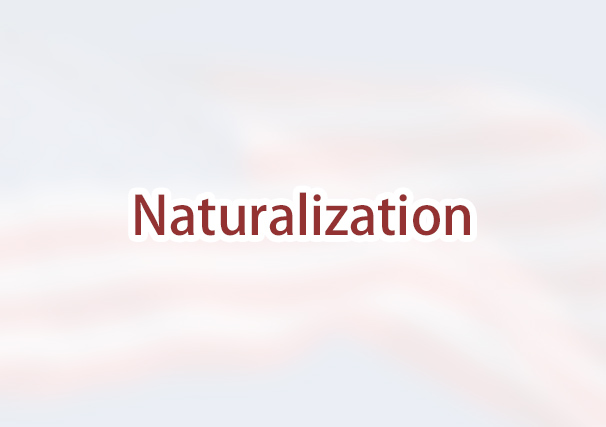
Question: My conditional residence was approved two years ago. I timely applied to remove the conditions on my green card. I have been a conditional permanent resident for three years, and I am still married to my U.S. citizen spouse. Can I apply to become a U.S. citizen while my I-751 application is pending? Or do I have to wait until my application for removal of conditions is approved before applying for U.S. citizenship?
Answer: Yes. If you meet the following criteria, you can file an application for naturalization even if your I-751 petition for removal of conditions is still pending with USCIS:
- You are currently married to and living with a U.S. citizen;
- You have been married to and living with the same U.S. citizen for the past 3 years;
- Your spouse has been a U.S. citizen for the past 3 years;
- You have been a permanent resident for 3 years; and
- You meet all the requirements to apply for naturalization.
The requirement that you have been a permanent resident for three years includes the time that you had a two-year conditional green card.
Will USCIS approve my application for citizenship before it approves my Form I-751?
USCIS cannot approve your application for naturalization if USCIS is still processing your petition for removal of conditions. If your petition to remove conditions is pending at the time you file your application for citizenship, USCIS will adjudicate your petition to remove conditions prior to or concurrently with your naturalization application.
How can I prove that my marital relationship is bona fide?
The key issue in determining whether a marriage was entered in good faith is whether the parties intended to establish a life together at inception of the marriage. In order for USCIS to approve your petition to remove conditions, you must present evidence of the following:
- The marriage upon which you were admitted to the United States was valid;
- The marriage has not been terminated; and
- The marriage was not entered into for purposes of evading the immigration laws of the United States. Some evidence that may prove bona fides of marriage include joint tax returns (IRS tax transcripts preferred), shared bank accounts or credit cards, joint bills, birth certificates of children born within the marriage, photos and lease agreements.
How soon can I file my application for naturalization?
You may file Form N-400, Application for Naturalization, 90 calendar days before you complete your permanent residence requirement. Therefore, if you are applying for naturalization on the basis of being married to a U.S. citizen, you can apply for citizenship after you have had your conditional green card for two years and nine months.
Your time as a lawful permanent resident (LPR) begins on the date you were granted permanent resident status. To determine your 90-day early filing date, begin by identifying your 5-year or 3-year date as a permanent resident.
For example, if the date on your Permanent Resident Card says “July 4, 2013,” you meet the 5-year permanent resident requirement on July 4, 2018. If you have met all other eligibility requirements, the earliest date you may apply for naturalization would be April 5, 2018, which is 90 days before July 4, 2018.You may USCIS Early Filing Calculator to ensure you file your Form N-400 within the 90-day window. We will deny your form if you file more than 90 days before your anniversary date.

ImmiFree.Law is The Harrison Law Firm P.C.’s online platform to make the family immigration and naturalization process more efficient, accurate, and affordable. Baya Harrison, Esq. is an attorney licensed in New York, Florida, and California. Attorney Harrison has helped numerous individuals and families navigate the U.S. immigration process, specifically family-based petitions and naturalization.